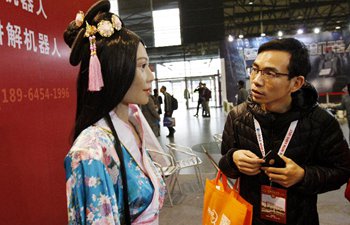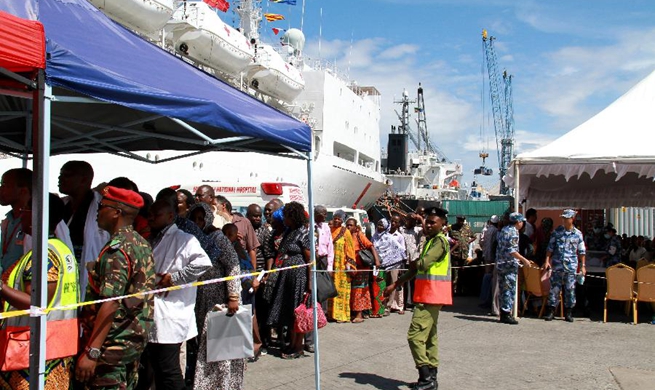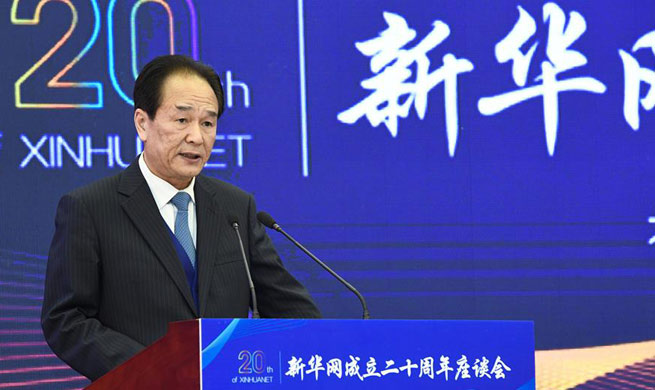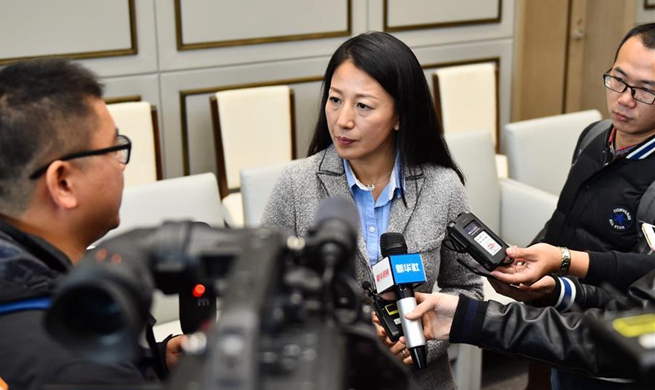by Christine Lagat
NAIROBI, Nov. 21 (Xinhua)--Kenya's ministry of health and bilateral partners will back innovative financing models to boost access to safe drinking water and sanitation in a bid to reduce a growing burden of communicable diseases, officials said on Tuesday.
Cleopa Mailu, Cabinet Secretary for Health, said that robust financing coupled with policy incentives are key to achieving universal access to clean water and basic sanitation in the country.
"We are committed to improving water and sanitation systems in the country as a means to reduce spread of communicable diseases such as cholera and typhoid that continue to strain our healthcare facilities," Mailu said during a forum to discuss integration of health, water, sanitation and hygiene agenda in the Vision 2030 blue print for economic growth and social transformation.
Kenya has enacted a new water, sanitation and hygiene (WASH) policy whose implementation will have positive impact on the country's economy and health status of communities.
Mailu noted that improved access to clean water and sanitation has unleashed benefits that include reduced maternal and infant deaths, higher school enrollment and productivity among working adults.
"Significant progress has been made in reducing diarrheal diseases that are leading cause of infant deaths thanks to improved water and sewerage services in the last decade," said Mailu.
He added that vibrant research combined with investments in appropriate technologies is key to boosting access to safe drinking water and sanitation.
"Our research capacity must be strengthened to help identify durable solution to water and sanitation crises in fast growing cities and towns," said Mailu, noting that Kenya is on course to achieve the Sustainable Development Goal six (SDG6) on universal access to clean water and sanitation given the political will.
Kenya's Vision 2030 identifies access to clean water and sanitation as a prerequisite to enhancing socio-economic transformation in the country.
Julius Muia, the Director General, Vision 2030 Delivery Secretariat, underscored the critical role of partnerships, home-grown financing and policy reforms to bridge a huge water and sanitation access gap in the country.

















